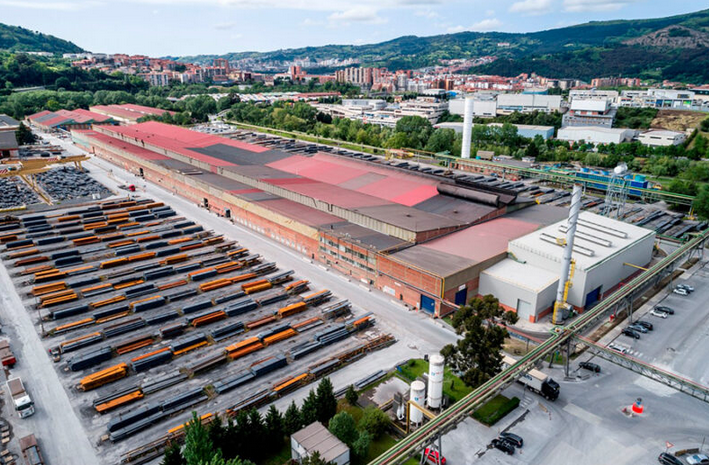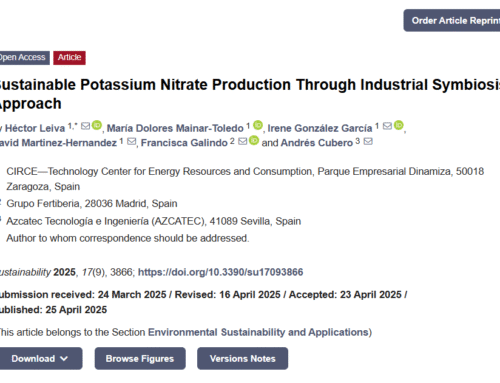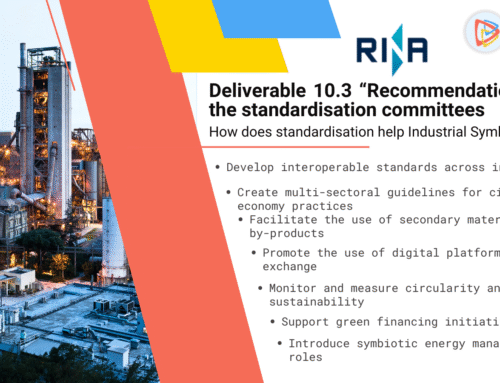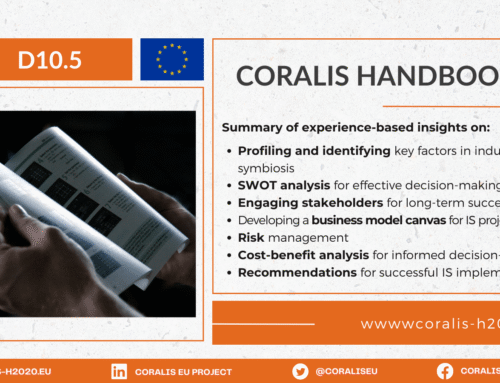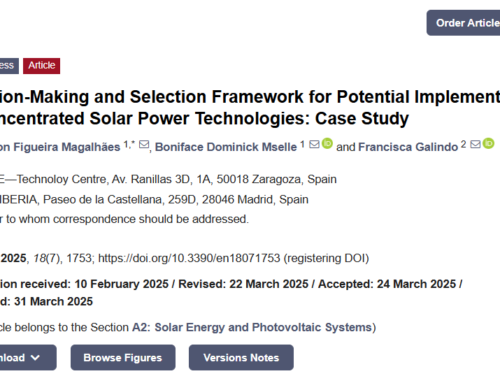The Basauri Follower Case of the CORALIS project is focused on the implementation of industrial symbiosis in the Basauri region of Spain. One of the first steps in Basauri was to conduct a feasibility study to identify potential barriers and opportunities for industrial symbiosis in the region. The study identified several potential areas for waste heat utilization. The study also identified several barriers to implementation, such as the lack of awareness and cooperation between companies.
Industries with high energy consumption have various heat sources available, but heat recovery technology is not always useful due to the significant mismatch between demand and availability. Thermal battery technology can match available heat with demand internal or external, and it is a commercial technology available in the market. The combination of heat recovery and thermal battery technology can reduce natural gas consumption with current vacuum pumps, and thermal batteries are also valid for industrial symbiosis. However, there are other economic options available to reduce energy consumption. District Heating with San Miguel neighborhood is a viable option, but the heat source analyzed in this project may not be the most suitable one. Next steps include analyzing district heating options and alternative uses of thermal battery technology.
Based on the findings of the feasibility study, the project partners worked with local stakeholders to develop and implement industrial symbiosis solutions in the region. Overall, the Basauri follower case of the CORALIS project has made significant progress in promoting industrial symbiosis in the Basauri region of Spain and the project continues to work with local stakeholders to promote industrial symbiosis based on waste heat valorization in the region and create a more sustainable energy supply.


